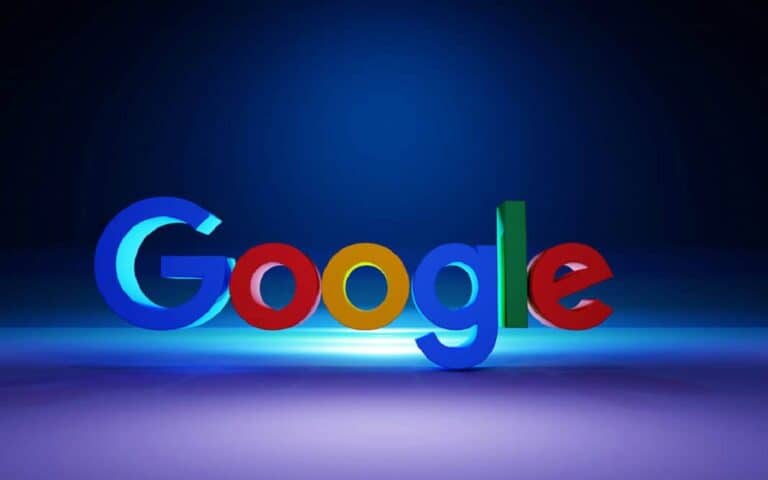The European Commission has fined Google €2.95 billion for distorting competition in advertising technology. This is the fourth antitrust sanction for the tech giant in a decade in which EU regulators have been cracking down harder and harder.
The decision by Teresa Ribera, the EU competition commissioner, follows a years-long battle to rein in Google’s advertising practices. Since 2014, Google has allegedly systematically favored its own display technologies at the expense of competitors and publishers, distorting the online advertising market.
Google has 60 days to indicate how it will resolve the issues. The EU is keeping all options open, including the breakup of business units. “Google must now come forward with a serious remedy to address its conflicts of interest, and if it fails to do so, we will not hesitate to impose strong remedies,” said Ribera.
This fine joins a long list of EU sanctions against Google. In 2018, the company received a record fine of €4.3 billion for Android practices. Previously, there were also sanctions of €2.42 billion (2017) and €1.49 billion (2019). Together, the Google fines now total more than €11 billion.
Political tensions in the background
The timing of the announcement is remarkable. Originally, the fine was to be announced on Monday, but EU Trade Commissioner Maroš Šefčovič held it back for fear of US retaliatory measures. President Trump has already threatened tariffs against countries that would take action against American tech companies.
This political tension casts a shadow over the EU’s approach to Big Tech. At the same time, it highlights the growing importance of advertising technology in the digital economy. Google earns tens of billions annually from its advertising platforms, so any intervention has far-reaching consequences.
Google has announced that it will appeal. “The European Commission’s decision about our ad tech services is wrong and we will appeal. It imposes an unjustified fine and requires changes that will hurt thousands of European businesses,” says Lee-Anne Mulholland of Google. The company emphasizes that there are more alternatives than ever before.
